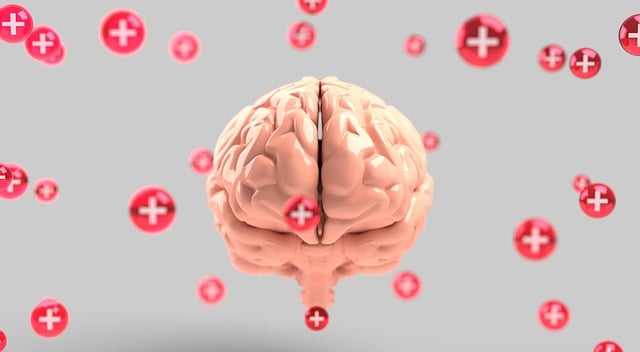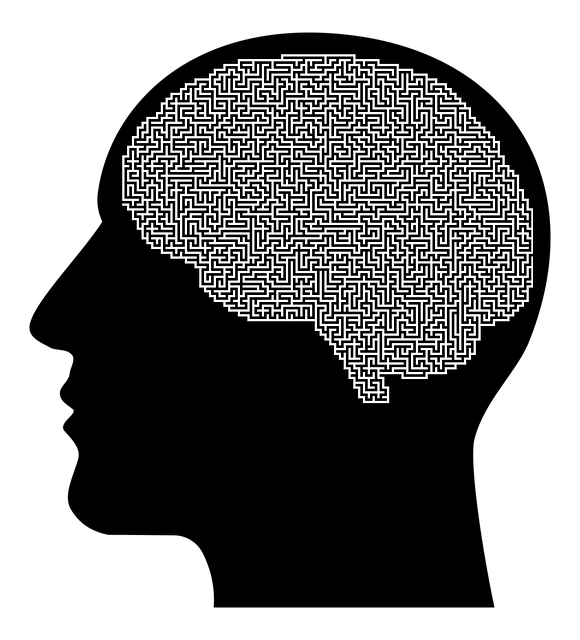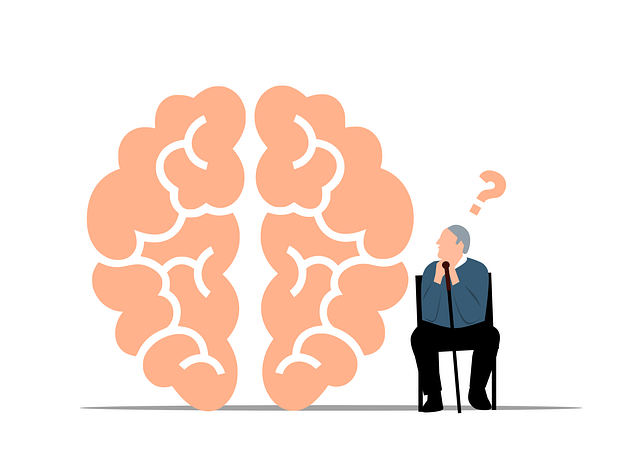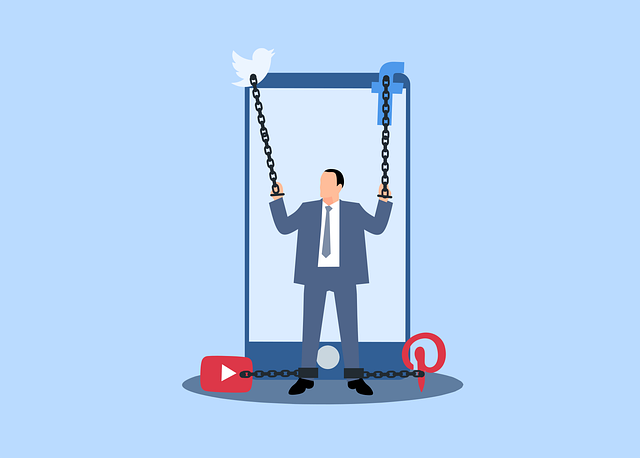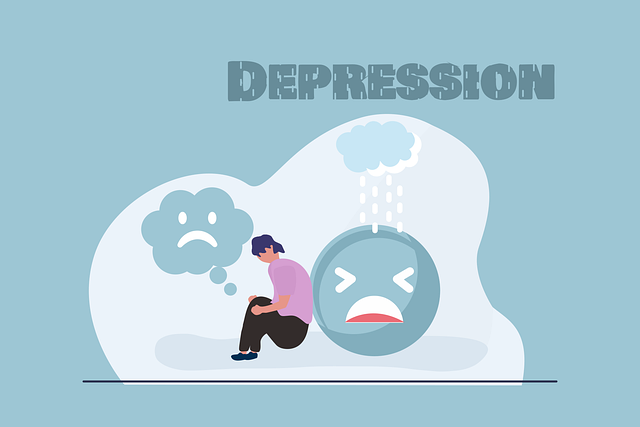Mindfulness meditation, an ancient practice gaining modern popularity, reduces stress, anxiety, and PTSD symptoms through awareness without judgment. Key techniques like Superior Exposure and Response Prevention (ERP) Therapy gradually expose individuals to distressing thoughts while teaching them to respond mindfully, fostering emotional resilience. Practicing mindfulness through breathing exercises and body scans improves overall well-being and enhances decision-making, making meditation a powerful tool for mental health management accessible through self-guided or professional support.
“Unwind your mind and embrace a superior approach to well-being with mindfulness meditation—a powerful tool for fostering mental clarity and emotional resilience. This practice has gained prominence due to its profound benefits in reducing stress, anxiety, and improving overall quality of life.
In this comprehensive guide, we’ll explore the fundamentals of mindfulness meditation, delve into the concept of Exposure and Response Prevention (ERP) therapy, and provide practical strategies for beginners to advanced practitioners. Discover tips and techniques to enhance your meditation journey and unlock a calmer, more balanced mind.”
- Understanding Mindfulness Meditation and its Benefits
- The Role of Exposure and Response Prevention in Mindful Practice
- Strategies for Effective Meditation: Tips and Techniques to Enhance Your Journey
Understanding Mindfulness Meditation and its Benefits

Mindfulness meditation is a powerful practice that encourages individuals to focus on the present moment, cultivating awareness and acceptance of their thoughts and feelings without judgment. This ancient technique has gained significant popularity in recent years due to its profound impact on mental well-being. By encouraging a non-reactive state, mindfulness offers a unique approach to managing stress, anxiety, and even post-traumatic stress disorder (PTSD). It acts as a form of Superior Exposure and Response Prevention Therapy, helping individuals face and process distressing memories or emotions without triggering intense reactions.
The benefits extend beyond psychological health; mindfulness meditation has been linked to improved emotional healing processes, making it a valuable tool in crisis intervention guidance. Regular practice can foster a sense of calm, enhance self-awareness, and promote better decision-making abilities. Moreover, when implemented through community outreach program implementations, mindfulness can create a supportive environment, encouraging individuals to take control of their mental health and well-being.
The Role of Exposure and Response Prevention in Mindful Practice

In mindfulness meditation practice, Exposure and Response Prevention (ERP) plays a pivotal role, offering a powerful tool for inner strength development. This therapy technique involves gradually exposing individuals to distressing thoughts or memories while encouraging them to respond in a controlled and mindful manner. By facing their fears and challenges head-on, practitioners learn to observe their reactions without judgment, fostering positive thinking and emotional resilience. ERP is particularly beneficial in trauma support services, where it aids individuals in processing and managing traumatic experiences.
The process empowers individuals to develop coping strategies that are more adaptive and less harmful than automatic responses. Through mindfulness meditation, one can cultivate a sense of detachment from negative thoughts, allowing them to be acknowledged without getting swept away by their emotional impact. This practice not only enhances overall well-being but also strengthens an individual’s capacity to navigate life’s challenges with greater composure and clarity.
Strategies for Effective Meditation: Tips and Techniques to Enhance Your Journey

Meditation is a powerful tool for mental well-being and self-discovery, but mastering the practice can be challenging. To enhance your meditation journey, consider incorporating strategies that support effective exposure and response prevention (ERP) therapy techniques. This approach, often used in depression prevention and stress management workshops, encourages individuals to confront distressing thoughts and sensations without reacting or avoiding them.
By increasing your exposure to these internal experiences, you can learn to manage and reduce their impact over time. Techniques such as mindful breathing exercises, body scans, and guided visualizations can help train your mind to stay present and observe thoughts without judgment. This cultural competency in mindfulness is valuable for anyone seeking to integrate meditation into their daily routine, whether through self-practice or with the guidance of a healthcare provider.
Mindfulness meditation, with its roots in ancient practices, has gained modern prominence for good reason. By integrating techniques like Exposure and Response Prevention (ERP) therapy, individuals can unlock profound benefits for mental well-being. This article has explored the transformative power of mindfulness, offering insights into ERP’s role in managing fears and anxieties, as well as practical strategies to enhance meditation practice. Embracing these tools empowers individuals to navigate life’s challenges with greater resilience, fostering a sense of calm and clarity that resonates deep within.
